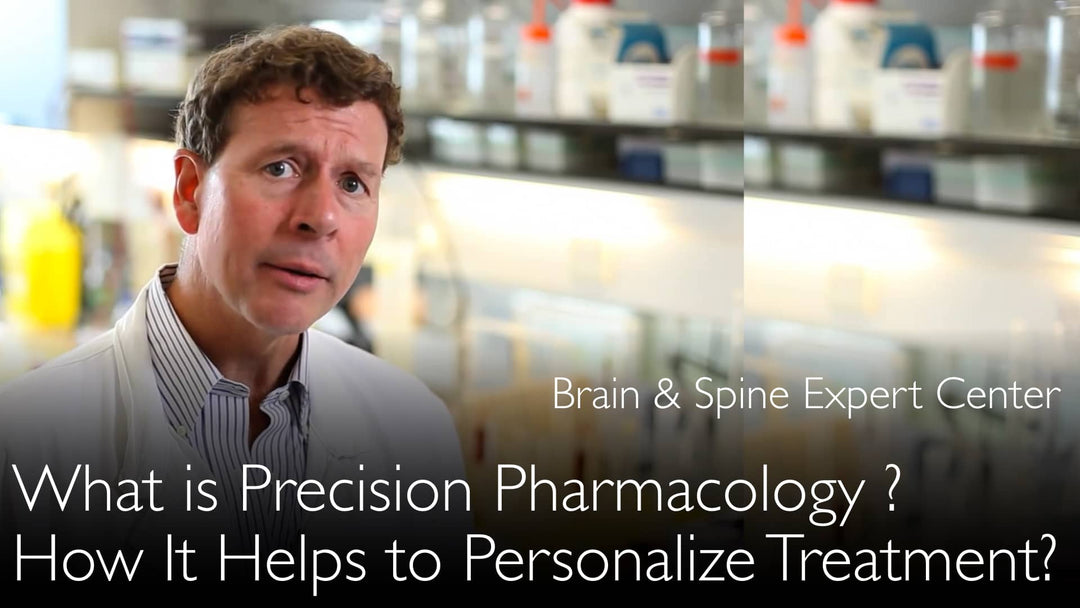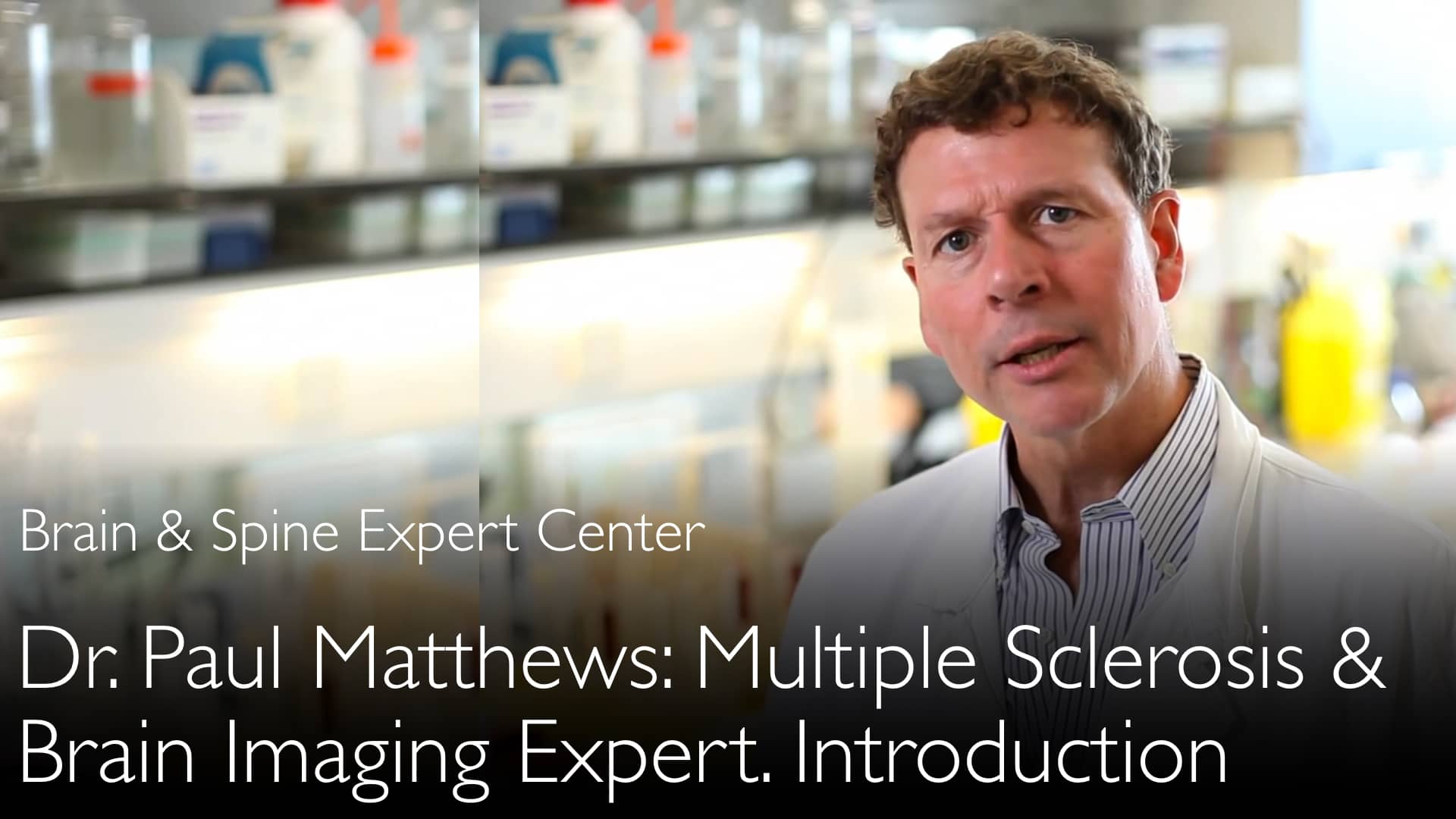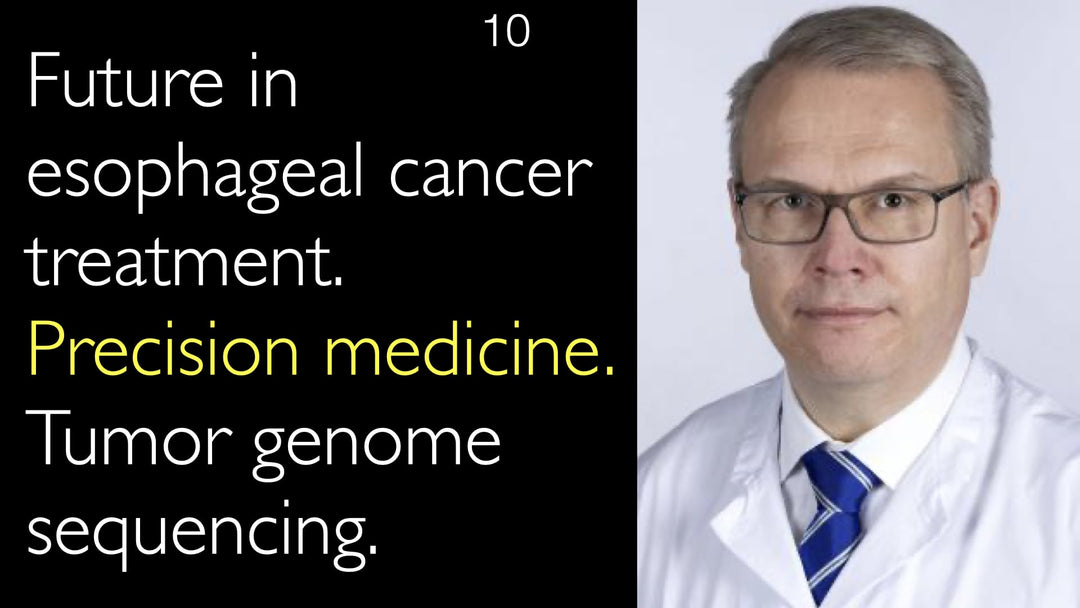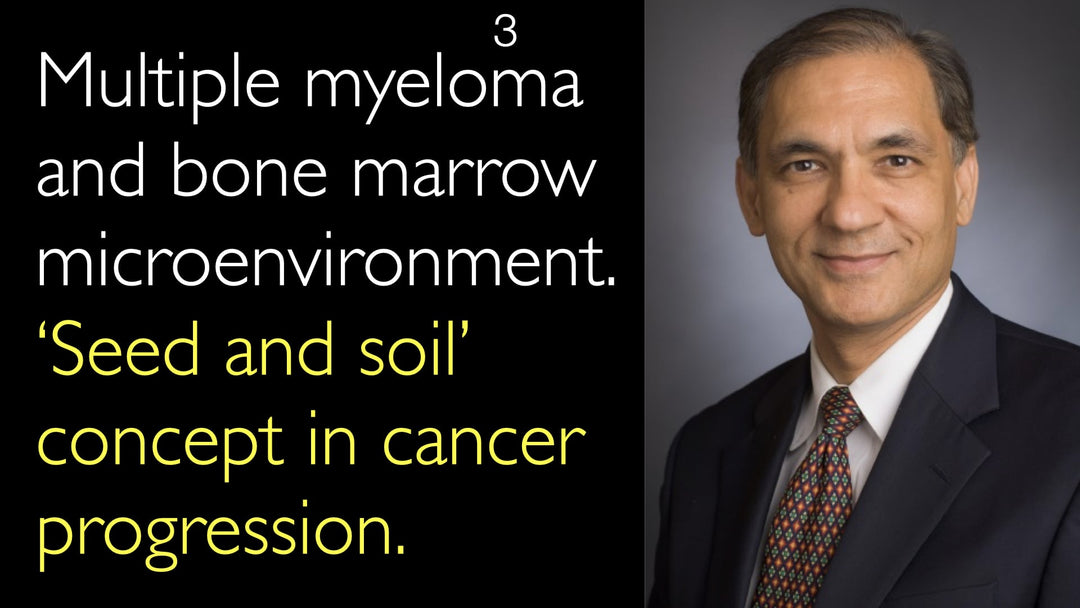O renomado especialista em esclerose múltipla e neurofarmacologia, Dr. Paul Matthews, explica como a farmacologia de precisão está revolucionando o desenvolvimento de medicamentos. Ele detalha o conceito de direcionar a molécula certa, no momento e na dosagem adequados, para o paciente correto. Dr. Matthews destaca o papel crucial da imagem molecular in vivo em humanos, como a tomografia por emissão de pósitrons (PET), nesse processo. Essa abordagem contribui para reduzir os riscos no desenvolvimento farmacêutico e orienta estratégias de tratamento personalizado para doenças neurológicas complexas.
Farmacologia de Precisão na Esclerose Múltipla: Otimizando o Desenvolvimento de Medicamentos e o Tratamento Personalizado
Navegar para a Seção
- O que é Farmacologia de Precisão?
- Princípios Fundamentais da Farmacologia de Precisão
- Papel no Desenvolvimento de Medicamentos para EM
- Imagem Molecular e Engajamento do Alvo
- Orientando a Terapia Personalizada para EM
- Transcrição Completa
O que é Farmacologia de Precisão?
A farmacologia de precisão é um conceito fundamental na ciência farmacêutica moderna. Segundo o Dr. Paul Matthews, ela representa uma reformulação estratégica dos princípios farmacológicos centrais. A abordagem concentra-se em garantir que uma molécula terapêutica interaja com seu alvo biológico pretendido em condições ideais.
O Dr. Matthews a descreve como o complemento essencial do conceito mais conhecido de medicina de precisão. Enquanto a medicina de precisão se concentra no tratamento do paciente individual, a farmacologia de precição preocupa-se com a forma como os medicamentos são utilizados em populações inteiras de pacientes. Essa distinção é crítica para o desenvolvimento e a implementação eficazes de medicamentos em condições complexas como a esclerose múltipla.
Princípios Fundamentais da Farmacologia de Precisão
O arcabouço da farmacologia de precisão repousa sobre quatro pilares críticos para o tratamento bem-sucedido. O Dr. Paul Matthews enfatiza que um medicamento deve atingir o alvo biológico correto, no momento certo do processo da doença e no nível exato necessário para o efeito terapêutico.
Além disso, o medicamento deve ser administrado à população de pacientes correta. Satisfazer todos esses critérios simultaneamente é o objetivo final da farmacologia de precisão. Essa abordagem multifacetada ajuda a mitigar o risco de falha de medicamentos durante o processo de desenvolvimento, que é caro e prolongado.
Papel no Desenvolvimento de Medicamentos para EM
A farmacologia de precisão desempenha um papel vital no pipeline de desenvolvimento de medicamentos para esclerose múltipla (EM). O Dr. Paul Matthews destaca sua importância na construção de confiança durante o percurso de desenvolvimento farmacêutico. Isso é especialmente crucial devido aos enormes custos frequentemente associados à tradução de descobertas da pesquisa básica em aplicações clínicas.
O Dr. Matthews explica que essa abordagem fornece evidências precoces do valor potencial de um medicamento. Ela ajuda pesquisadores e desenvolvedores a entender se um medicamento realmente beneficiará os pacientes antes de completar todo o processo de desenvolvimento e teste. Essa validação precoce é fundamental para evitar falhas dispendiosas em fases tardias do desenvolvimento de medicamentos para EM.
Imagem Molecular e Engajamento do Alvo
Tecnologias de imagem avançadas são ferramentas fundamentais na farmacologia de precisão. O Dr. Paul Matthews menciona especificamente a imagem molecular humana in vivo com tomografia por emissão de pósitrons (PET) como uma tecnologia-chave. Essas modalidades de imagem fornecem evidência visual direta de se um medicamento engaja com sucesso seu alvo pretendido.
O Dr. Matthews ressalta que essas medidas ajudam os pesquisadores a entender a extensão do engajamento do alvo. Elas também revelam se o medicamento está tendo o impacto esperado na patologia da doença. Esse feedback em tempo real é inestimável para otimizar regimes de dosagem e confirmar atividade biológica precocemente no desenvolvimento.
Orientando a Terapia Personalizada para EM
A farmacologia de precisão serve, em última análise, para orientar estratégias de tratamento personalizado para pacientes com esclerose múltipla. O Dr. Paul Matthews explica como essa abordagem ajuda os clínicos a fazer hipóteses informadas sobre quais pacientes se beneficiarão de medicamentos específicos. Ela fornece a base científica para a terapia estratificada na EM.
Durante sua discussão com o Dr. Anton Titov, o Dr. Matthews enfatizou que a farmacologia de precisão ajuda a entender por que certos pacientes respondem ao tratamento enquanto outros podem não responder. Esse conhecimento é crucial para avançar além de abordagens de tamanho único e em direção a uma medicina verdadeiramente personalizada para a esclerose múltipla e outras condições neurológicas.
Transcrição Completa
Dr. Anton Titov: Farmacologia de precisão. Você liderou o programa clínico de esclerose múltipla em uma grande empresa farmacêutica, então tem conhecimento muito detalhado dos desafios no processo de desenvolvimento de medicamentos para esclerose múltipla.
Dr. Paul Matthews: Existem custos enormes que frequentemente impedem que descobertas muito promissoras da pesquisa básica deem o salto proverbial do laboratório para o leito.
Dr. Anton Titov: Você recentemente usou o termo "farmacologia de precisão" para descrever a imagem molecular humana in vivo com tomografia por emissão de pósitrons (PET). O que é farmacologia de precisão? Como ela ajuda o processo moderno de desenvolvimento de medicamentos para esclerose múltipla? Talvez você possa fornecer um exemplo de uso da farmacologia de precisão?
Dr. Paul Matthews: A farmacologia de precisão é uma ligeira reformulação de um conceito muito fundamental da farmacologia. Isso significa que precisamos ter uma molécula que atinja o alvo correto, no momento correto, no nível correto e no paciente correto. A farmacologia de precisão é satisfazer todos esses critérios simultaneamente.
Essa é a razão da importância do conceito de farmacologia de precisão. É o complemento da medicina de precisão ou medicina personalizada.
Dr. Paul Matthews: Ela diz: "Vamos pensar em como usamos os medicamentos para esclerose múltipla na população, em oposição a como tratamos pacientes individuais." Os conceitos de farmacologia de precisão e medicina de precisão estão intimamente relacionados, mas são problemas ligeiramente diferentes.
A farmacologia de precisão baseia-se em ter medidas que nos ajudam a entender se engajamos o alvo do medicamento. Ela nos ajuda a entender se engajamos o alvo na extensão correta.
Se o medicamento está tendo o impacto que esperávamos que tivesse na patologia. A farmacologia de precisão nos ajuda a entender se o medicamento está potencialmente beneficiando aquele paciente específico dentro de um grupo de pacientes.
A farmacologia de precisão é parte do processo inicial de desenvolvimento de medicamentos para esclerose múltipla. Ela nos ajuda a ganhar confiança durante o percurso de desenvolvimento farmacêutico.
Saberemos se um medicamento para esclerose múltipla terá valor para os pacientes quando o medicamento for usado na prática clínica, quando o medicamento tiver completado o processo de desenvolvimento e teste farmacêutico.
Essa é uma razão pela qual a farmacologia de precisão será importante no futuro. É uma maneira de garantir que não encontremos problemas-chave no desenvolvimento de medicamentos para esclerose múltipla.
Ela também ajuda a fornecer evidências do valor do medicamento quando os médicos começam a usá-lo.
Dr. Paul Matthews: Finalmente, a farmacologia de precisão nos ajuda a orientar a terapia personalizada ou terapia estratificada na esclerose múltipla. Podemos observar o uso do medicamento pelos clínicos.
A farmacologia de precisão nos ajuda a fazer hipóteses sobre os pacientes que se beneficiarão de um medicamento. Podemos entender por que os pacientes se beneficiam de um medicamento específico.
Dr. Anton Titov: Professor Matthews, muito obrigado por esta conversa muito fascinante sobre imagem cerebral. Foi útil discutir a esclerose múltipla e as últimas tendências no desenvolvimento do tratamento para esclerose múltipla.
Dr. Paul Matthews: Obrigado por discutir em detalhes o uso da ressonância magnética funcional e outras tecnologias sofisticadas de ressonância magnética que você está desenvolvendo. Nós realmente apreciamos seu tempo.
Dr. Anton Titov: Tenho certeza de que será muito interessante para os espectadores em todo o mundo aprender sobre o que há de mais recente em tecnologias de imagem cerebral e tratamento da esclerose múltipla. Muito obrigado!
Dr. Paul Matthews: Obrigado, Anton. Foi um prazer conversar com você! Obrigado!








